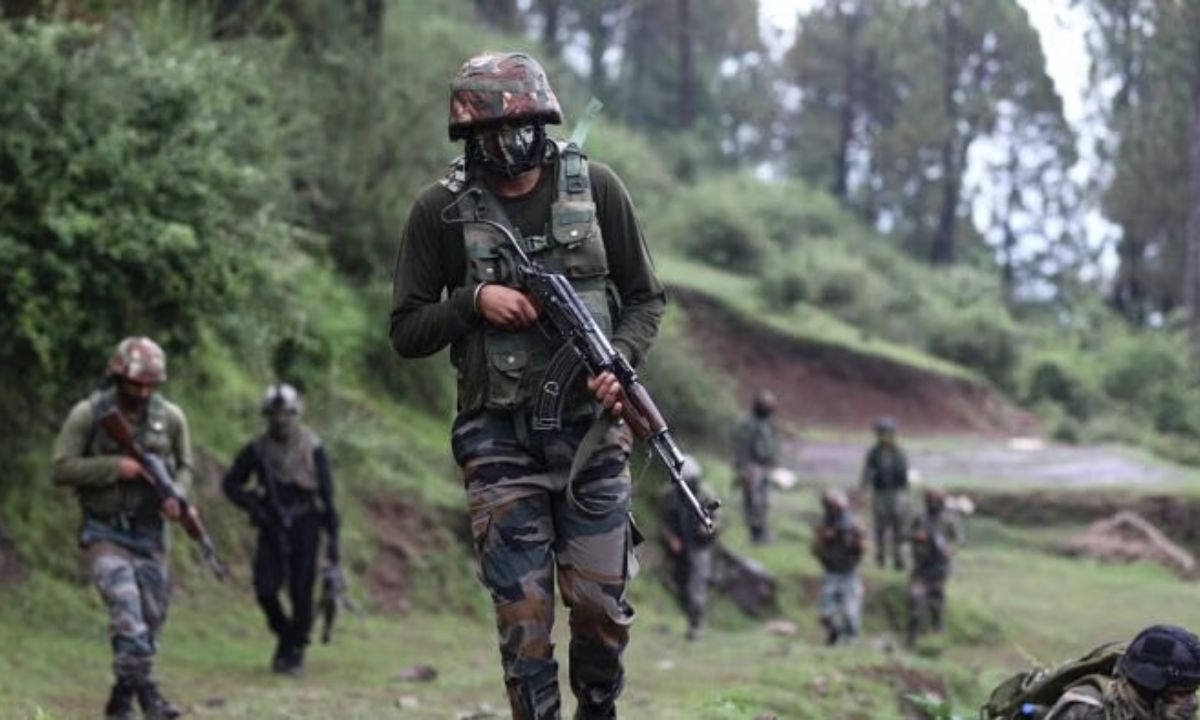Will India Go To War With Pakistan? 5 Key Updates On The Ceasefire Violations
Tensions between India and Pakistan have once again surged following a series of ceasefire violations by Pakistan!

Tensions between India and Pakistan have once again surged following a series of ceasefire violations by Pakistan on the night of May 10, just hours after a ceasefire understanding was announced. Though both countries had agreed to stop all military operations on land, sea, and air from 5 PM IST that evening, the tenuous peace was soon broken by new missile and drone strikes along the Line of Control (LoC) and the International Border in Jammu and Kashmir.
Here are the key 5 updates,
1) Pakistan Breaches Ceasefire Just Hours After Agreement
In spite of the ceasefire agreement, Pakistan conducted coordinated attacks with missiles and drones late on Saturday evening. Indian officials confirmed that none of the attacks resulted in significant damage, as most were intercepted or failed to hit their targets. The Ministry of External Affairs denounced the aggression, describing it as escalatory and in outright breach of the ceasefire conditions. Western border provinces, such as Punjab and Rajasthan, are still on high alert, although local officials in Amritsar have since cancelled a red alert.
2) India Strikes Back with Operation Sindoor
The Indian Air Force (IAF) has confirmed continuous operations under “Operation Sindoor,” which is said to involve precision strikes with BrahMos missiles. Uttar Pradesh Chief Minister Yogi Adityanath openly confirmed the use of BrahMos in the mission, describing it as a clear message to those who support terrorism. The IAF, however, has called for restraint in speculation and stated that a formal briefing will be conducted later.
3) Ceasefire Described As Understanding, Not a Treaty
BJP organisational general secretary BL Santhosh explained that the latest ceasefire is not a treaty but a military leaders’ understanding. That is a subtle but significant diplomatic distinction, one that suggests flexibility without commitment.
4) Political Reactions and Call for Clarification
Congress MP Manish Tewari condemned what he termed a US-brokered ceasefire and asked for a special session of Parliament to debate the role of outside powers in bilateral security issues. His comments were in response to US Senator Marco Rubio’s previous statement that the ceasefire was brokered by the United States and involved future negotiations.
Also Read: Why Was India’s Pahalgam Terror Retaliation Attack Named Operation Sindoor?
5) India’s New Posture on Terrorism
After the attacks, Indian authorities confirmed that any future terrorist attack linked to Pakistan would be considered an act of war. This is a significant shift in India’s strategic approach, implying that reactions may not remain limited to counter-terror strikes alone.
Which Nation Declared War?
So far, neither India nor Pakistan has made a formal declaration of war. Although there are the current hostilities, including drone and missile strikes and ongoing Operation Sindoor by India, both nations have fallen short of making an official declaration of war according to their own constitutional or international laws. India has not made a formal declaration of war since 1971, and even large-scale military actions such as Kargil in 1999 and the post-Uri and Pulwama attacks were carried out without declared wartime status. Formal declarations of war are now unusual in contemporary international practice because they activate legal commitments under international humanitarian law.
Thus, tensions are high and military action persists, but the situation technically remains below the level of declared war.
Also Read: India, Pakistan Reach Ceasefire Agreement After Intense Military Clash, Airspace Reopens
First Published: May 11, 2025 1:18 PM















